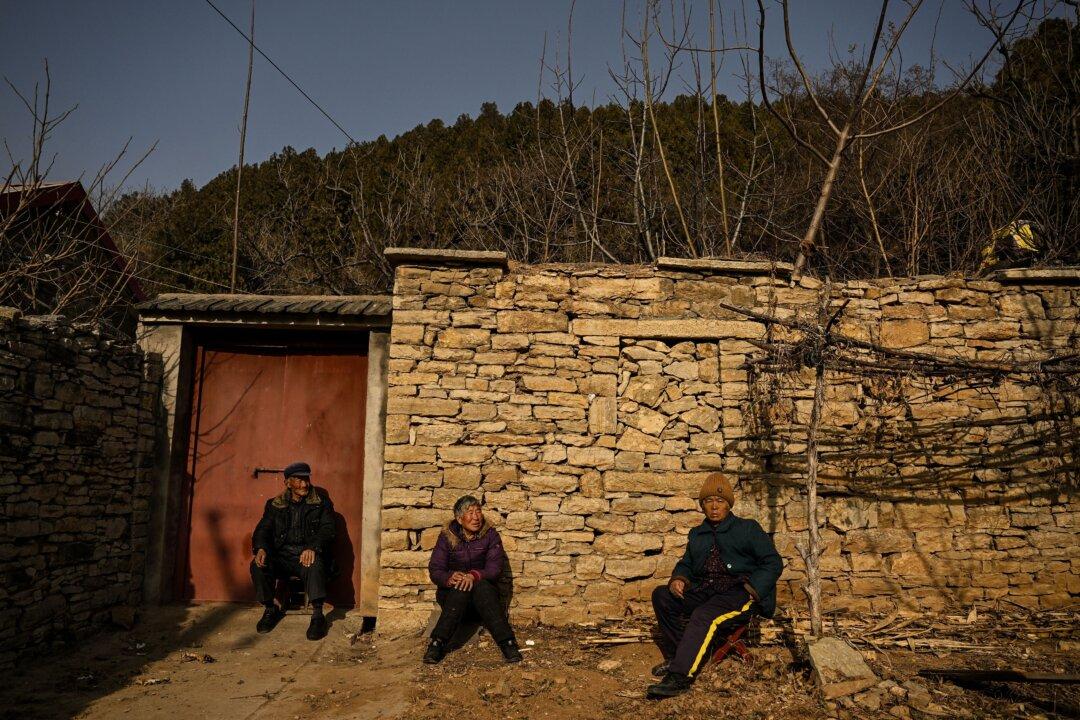News Analysis
With the deterioration of China’s economy, some local governments simply refuse to pay back all the money they borrowed in the past, because the banks can’t do anything about it anyway.

With the deterioration of China’s economy, some local governments simply refuse to pay back all the money they borrowed in the past, because the banks can’t do anything about it anyway.